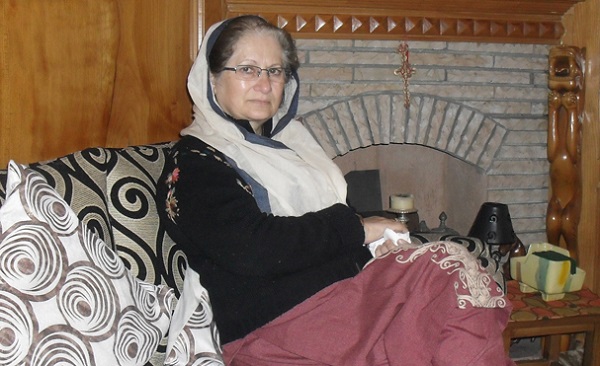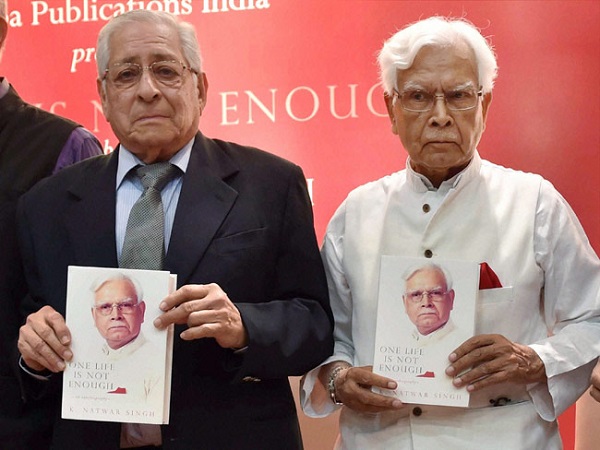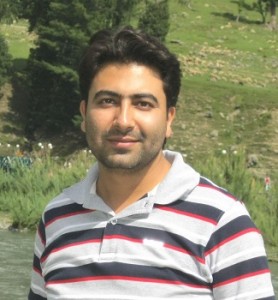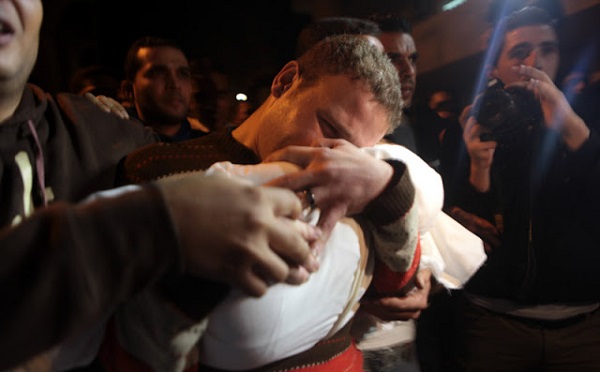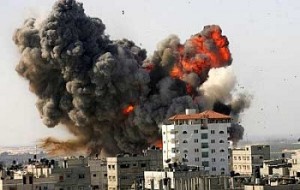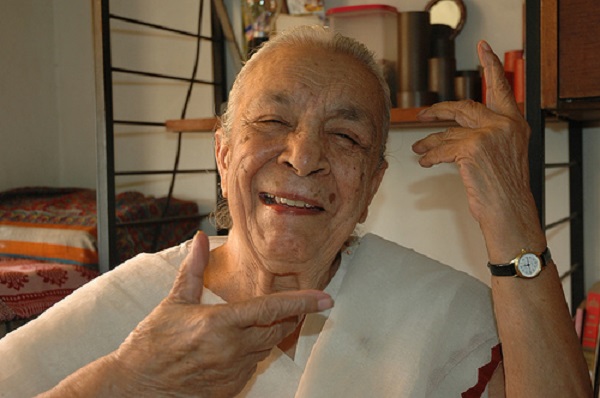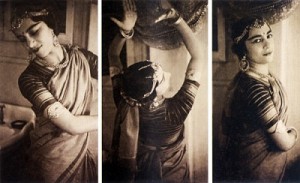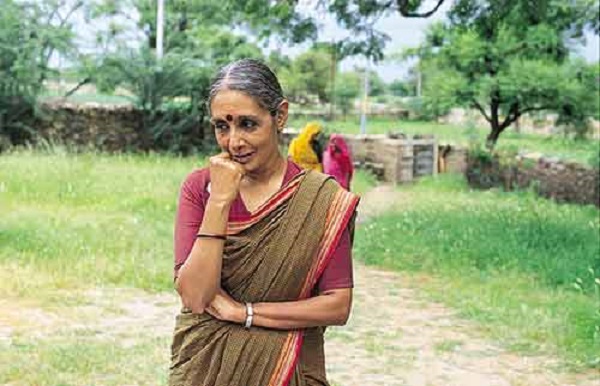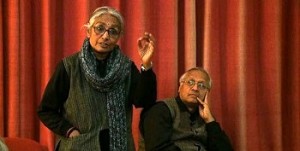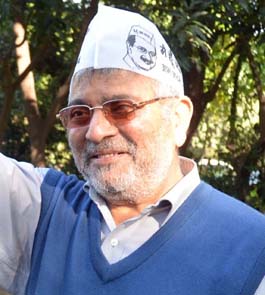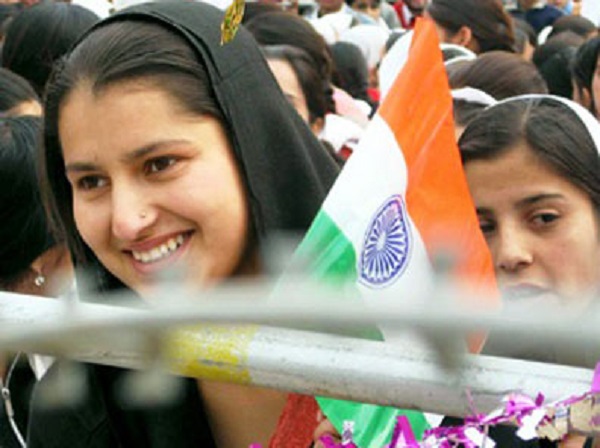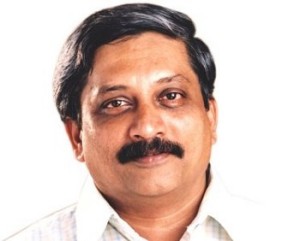A heartening little story started in 2002 in Kashmir by Nighat Shafi, has borne fruit in the most wonderful way.
 by Humra Quraishi
by Humra Quraishi
Last week, I wrote about looking for the positives in our lives, and more particularly, about finding positivity through books.
Humour me while I list out opportunities for book lovers to get up and close and personal with books, their authors and everything related to reading and writing.
From August 23, a book fair comes to the national capital. September, especially, is going to be a good month for literature, with several literature festivals taking off all over the country. The three-day long Bangalore Literature Festival begins from September 26, and the Kasauli Literature Festival will take place in the second week of October.
Needless to say, this time the focus of many literature festivals will be Khushwant Singh – his writings, his books, his life and times. Also, smaller festivals will take place in other cities and towns. An exciting time is coming up for book lovers!
The other positive I am noting is this: sensitive women are no longer sitting back and simply wallowing in their sorrows and upheavals, but they are stepping out of their comfort zones and handling several crises in their own ways.
Take for example, Nighat Shafi. I met her in Srinagar in 2002 when I was in the Valley working on my book on Kashmir. I was interacting with several men and women who were surviving amidst all the odds in the ongoing conflict. While speaking to Nighat, I realised that the upper middle class woman was no ordinary person – she was equipped with amazing foresight and the right amount of empathy towards the growing numbers of orphans in the Valley.
When I met her, she’d already set up an orphanage for children who had been victims of the conflict and left without homes and anchorage. On a visit to the orphanage, I was amazed to see how she had converted a bungalow into a home for about 40 young boys, most of them orphans. They now lived in this well-equipped, middle-class environment and went to an English medium school. I recall Nighat detaling the various odds she faced in setting up the home but that she was determined to save lives. She had invited her friends to help her run the home, and one of them had even come down from Himachal Pradesh to help and counsel some of the children. She’d said at the time that she also wanted to set up a workplace for destitute women.
Why do I mention her now? It seems that Nighat’s dreams and efforts have been realised. Last month’s United Nations Newsletter, UNEWS, carries a full page report on her work and efforts to reach out to women and children of the Kashmir Valley. ‘A better future for underprivileged children in J&K…Education, health care, economic empowerment of women, juvenile justice, relief and rehabilitation of destitutes, a children’s home – that is a wide area to cover by a small organisation, the Help Foundation, Shehjar.
‘This quaint and peaceful place, tucked away in the hills of Srinagar, Kashmir, endeavours to provide a better future for the underprivileged and destitute children and youth,’ says the report.
So Nighat Shafi, chairperson of this Foundation, seems to have been successful in fulfilling her dream. “For years, I dreamt of building an organisation that would help mitigate the decades of suffering of the people of my land…” she says.
Humra Quraishi is a senior political journalist based in Gurgaon. She is the author of Kashmir: The Untold Story and co-author of Simply Khushwant.
(Picture courtesy week.manoramaonline.com)
